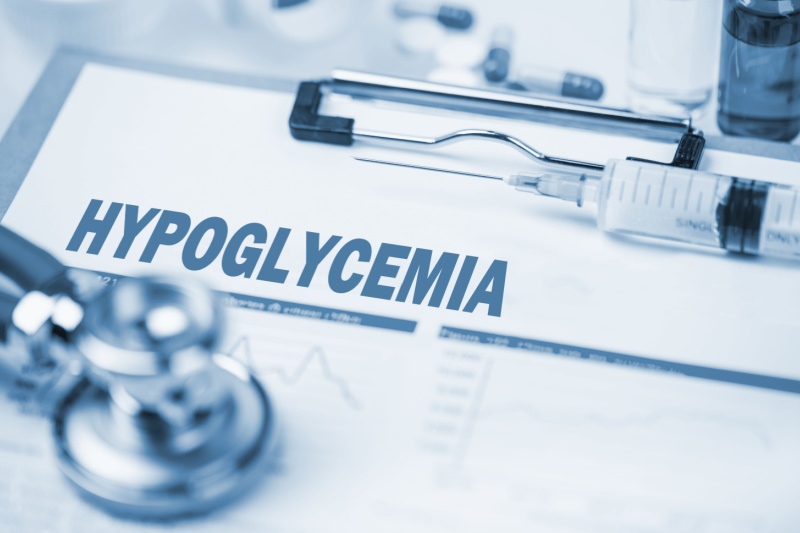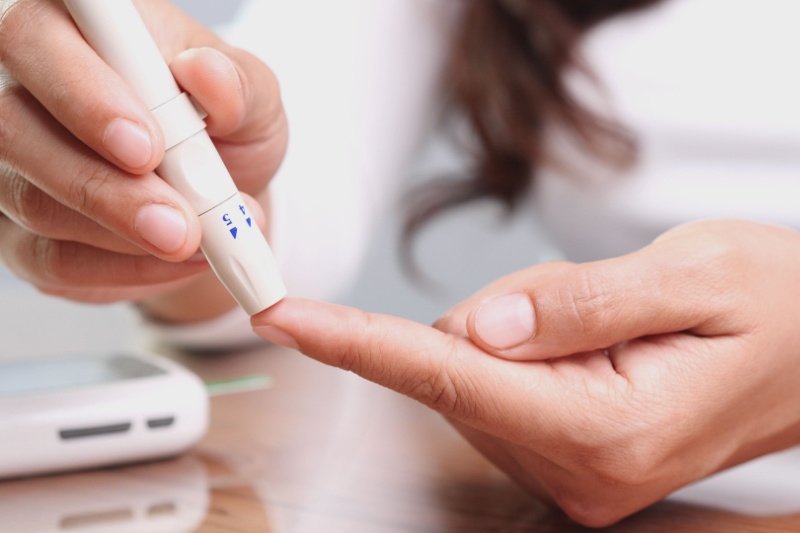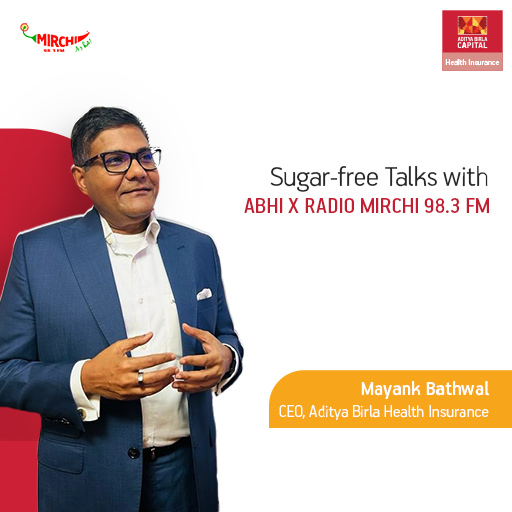Nocturnal hypoglycemia occurs when your blood glucose levels fall under 70 mg/dl or 3.9 mmol/L while sleeping. While this health condition is dangerous, it can be prevented with adequate planning and awareness.
What you need to know:
- Understanding nocturnal hypoglycemia
- Causes of nocturnal hypoglycemia
- Symptoms of nocturnal hypoglycemia
- Preventing nocturnal hypoglycemia
- Treatment and management
Understanding nocturnal hypoglycemia

Nocturnal hypoglycemia is a common health condition that occurs during the night and is prevalent among people with diabetes. It can go unnoticed and lead to very low blood sugar levels. Therefore, if you want to prevent it from happening, you must treat the underlying causes of nocturnal hypoglycemia.
Causes of nocturnal hypoglycemia
Here are some of the common causes and risk factors of nocturnal hypoglycemia:
- Skipping and delaying meals
- Suddenly increasing your physical activities
- Not getting enough carbs
- Exercising right before sleeping
- Having infections
- Low A1c haemoglobin levels (Average blood sugar levels of last three months)
- High altitudes
- Too much insulin
- Hot or humid weather
- Menstruation
- Irregular timing of insulin dose
- Suddenly changing your personal routine
- Puberty (children with type-1 diabetes)
Symptoms of nocturnal hypoglycemia
Nocturnal hypoglycemia is typically problematic to detect as it occurs when you are sleeping. A family member or a roommate can help you in such times. Here are some of the symptoms of nocturnal hypoglycemia that can help detect your condition:
- Having nightmares or crying out
- Excessive sweating
- Fatigue
- Mental confusion
- Blurry vision
- Sudden headaches
- Trembling/shaking or light-headedness
- Excessive hunger
- Dry mouth
- Rapid heartbeat
- Mental confusion
- Abnormally fast heartbeat
- Sudden changes in breathing pattern
Some of the risk factors that cause nocturnal hypoglycemia include:
- Experiencing persistent low blood sugar over time
- Having diabetes for a long period (5-10 years or more)
- Taking specific medicines like beta-blockers.
Preventing nocturnal hypoglycemia

Here are some of the ways to prevent nocturnal hypoglycemia from happening in the first place:
- Check your blood sugar levels before going to bed.
- Have a balanced diet at regular intervals.
- Find a physical exercise routine and stick with it.
- Fix your insulin dose if you think it is necessary.
Treatment and management
People with this condition and their family members and partners should learn the symptoms of nocturnal hypoglycemia. Get a glucagon kit (emergency injection of glucose) that can be used if you don’t wake up. If you wake up, eat 15 grams of carbohydrates immediately (a glass of fruit juice or four glucose tablets). Check your blood sugar levels after 15 minutes, and it should be back to normal.
You can also use a CGM (continuous glucose monitor) to detect nocturnal hypoglycemia. It checks and tracks your blood sugar levels anytime you wear it. If you are experiencing an episode of nocturnal hypoglycemia, it will trigger an alarm loud enough to wake up the person or a family member.
Nocturnal hypoglycemia, when left unchecked, can disrupt your overall wellness and lead to severe health conditions, including coma. Therefore, regular monitoring and regular medication are vital to treat this condition.
Stay tuned to the Activ Living Community. Keep up to date with the latest health tips and trends through expert videos, podcasts, articles, and much more in nutrition, fitness, mindfulness, and lifestyle conditions like Asthma, Blood Pressure, Cholesterol, and Diabetes. Activ Living ke saath sahi sehat ki shuruaat ABHIkaro.
You may also be interested in the following blogs:
- Yoga Asanas To Gain Control Over Your Blood Sugar Levels
- Impact of High & Low Blood Sugar Levels on Your Body
Popular Searches
How to lower blood pressure | Fruits good for liver | Unhealthy foods | Ragi Benefits | Basal Metabolic Rate | Acupressure points for High Blood Pressure | Ayurvedic medicine for blood pressure | How to control cholesterol at home | Homeopathy for Asthma | Biological Age | Home remedies for TB | Natural beta blockers | Negative effects of internet | Types of walking | Blood pressure calculator | Blood sugar calculator | BMI Calculator





 1800-270-7000
1800-270-7000






